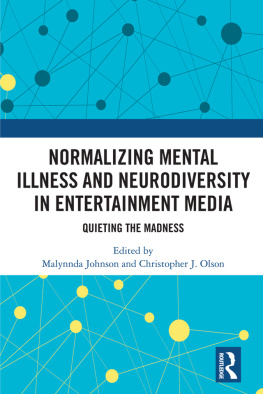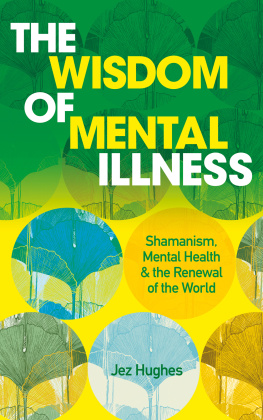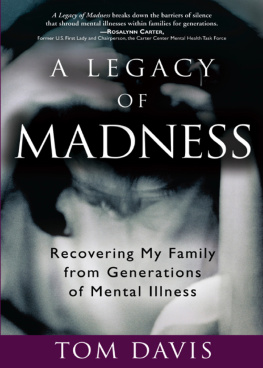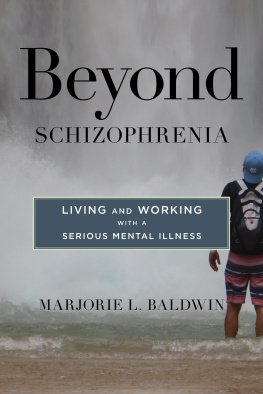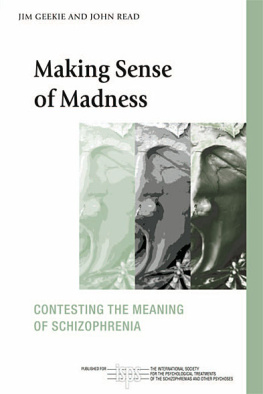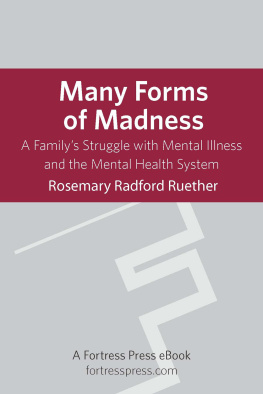A Philosophers Madness
LISHAN CHAN
A Philosophers madness
Chan Li Shan, 2012
ISBN 978-981-07-2444-3 (Paperback)
ISBN 978-981-14-0892-2 (Ebook)
Published under the imprint Ethos Books
by Pagesetters Services Pte Ltd
28 Sin Ming Lane #06-131
Midview City
Singapore 573972
www.ethosbooks.com.sg
www.facebook.com/ethosbooks
All rights reserved. Except for the quotation of short passages for the purpose of criticism and review, no part of this publication may be reproduced, stored in retrieval system, or transmitted, in any form or by any means, electronic, mechanical, photocopying, recording or otherwise, without the prior written permission of the publisher.
Designed by Pagesetters Services Pte Ltd
Cover design by Merlin Sudianto
First printing 2012 by Toppan Security Printing Pte Ltd, Singapore
Second printing 2014 by Ho Printing Singapore Pte Ltd
National Library Board, Singapore Cataloguing-in-Publication Data
Chan, Lishan, 1983
A philosophers madness / Chan Lishan. Singapore : Ethos Books, 2012.
p. cm.
Includes bibliographical references.
ISBN : 978-981-07-2444-3 (pbk.)
ISBN : 978-981-14-0892-2 (ebk.)
1. Chan, Lishan, 1983- - Mental health. 2. Schizophrenics Biography. I. Title.
This e-book is licensed for your personal enjoyment only. If you would like to share this book with another person, please purchase an additional copy for each person you share it with.
If youre reading this book and did not purchase it, or it was not purchased for your use only, please consider getting your own copy from ethosbooks.com.sg. Thank you for respecting the hard work of this author.
Acknowledgements
This book is supported by the Community Health Assessment Team (CHAT), Institute of Mental Health Singapore. The views expressed herein are solely the responsibility of the author and do not necessarily represent the official views of IMH.
My thanks to the following individual contributors, who raised funding for this book:
Yu Yi Benny Ng
Dawn Toh
Beidi Wu
Pedja Stanisic
Shue Wong
Hector Mera Couto
Christine Choo An-Qi
Qiu Xia Phoey
Pui Suan Lam
Jolene Ooi
Daniel Ko | Livia Chan
Cassandra Chan
Suying Ang
Yi Ping Lee
Nicholas Chan
L.K. Lim
Lily Ng
Swapna Verma
Ong Xiao Yun
Xinhui Guo
Grace Ho |
I would also like to thank my family, especially my mother, Molly Chan, alongside friends Kim Kidston, Ellen Yang, Jonathan Hill, Olaf Rtzschke, Caleb Liu, the people at Post-museum, Tien and Jennifer, Tassos Magdalinos, and John Williams for their encouragement and support in my recovery.
Lishan Chan, 2012
Introduction
T his is the story of one womans experience of mental illness. At the age of 25, I went mad and was hospitalised for six weeks. Thanks to medication, my condition is now fully under control, but since it is in my genes, it cannot be cured. I have to live with it, and will perhaps never be able to live a normal life.
Why did I go mad? I believe that in part it was because I was chasing success too obsessively. Overriding ambition and pushing myself too hard drove me over the edge.
In writing this book, I hope to raise awareness of psychosis a form of mental illness and the harm it can do. I am aiming it at the general public as well as patients and their families. I also hope to give valuable information to medical staff and social workers who work in the field of mental health.
There are many books on mental illness. In particular, there seems to be a large market for inspirational first person accounts in which the protagonist transcends his difficulties and overcomes obstacles. But I feel it is important not to hold back when describing the experiences of a person diagnosed with schizophrenia. I want to openly tell the truth about schizophrenia, as it really is, warts and all. I hope to provide an accurate and uncompromising picture of what it is like to have a psychotic episode. So, rather than focusing on the journey to recovery, as many books do, I am focusing more on the hard, gritty reality of schizophrenia. I want to tell the truth about chronic unemployment, a not-uncommon situation for schizophrenics. I want to tell others that I have schizophrenia, and not have to hide my dirty linen away from the public eye.
I want to give an honest and personal account of my experiences, not just write a feel-good story from which others may derive inspiration. I do not promise to write an inspiring, happy story of recovery. Even as I write these words, I fear relapse.
Ultimately, I hope to provide a first-hand account of the subjective experience of madness, which strikes a chord with those who have experienced it or encountered it in one way or another. In reading this account, I hope that some might find consolation and solace similar to the catharsis that I have found in writing of my experiences.
This is not a book which seeks to educate others about what mental illness is. A doctor may be able to educate others on the symptoms and treatment of mental illness. In contrast, I can only hope to contribute to our existing knowledge on mental illness by giving a descriptive account of what it was like for me to experience madness.
Mental illness is commonly viewed as a problem that can be solved through treatment and medication. However, this neglects the picture of mental illness as a string of vivid impressions. To me, mental illness has been part of a fascinating life, not a thing separate from it.
Given my philosophical background, I also hope to raise some interesting and fundamental questions about madness: What is the nature of madness? How do we distinguish between madness and non-madness? Along with the story of my schizophrenia, I attempt to address some of the pressing questions that have been asked in contemporary philosophy and psychiatry. I want the reader to be drawn into my world, a world in which I try to make sense of my illness by philosophising about it.
There is something very interesting about the relationship between philosophy and madness. Philosophy is the study of reason, while madness is often thought to be the antithesis of reason. So, how does a philosopher a person who is preoccupied with reason come to be in a mental state that lacks it?
In discussing the link between philosophy and madness, there have been many attempts to draw connections between the philosophical state of being existential and the psychological state of being depressed. However, few have written about a possible relationship between the philosophical state of being sceptical and the psychological state of psychosis.
I want to know is it true that I am mad? The lines between madness and non-madness are blurred and I am unable to see that I am truly mad. By challenging my assumptions to the furthest degree, I withdrew into isolation and became further removed from the tenets of everyday reality. As an extreme sceptic, I was perceived as mad and diagnosed as mentally ill, my experiences being taken for symptoms of psychosis.
On the other hand, madness can also be viewed as rationality taken to extremes. In philosophy, philosophical problems are often taken to their logical extremes. In madness, real-life issues are taken to their logical consequences and acted upon. So, is madness simply an extension of philosophical reasoning? And if so, could it be that philosophy and madness are somehow inextricably linked?


